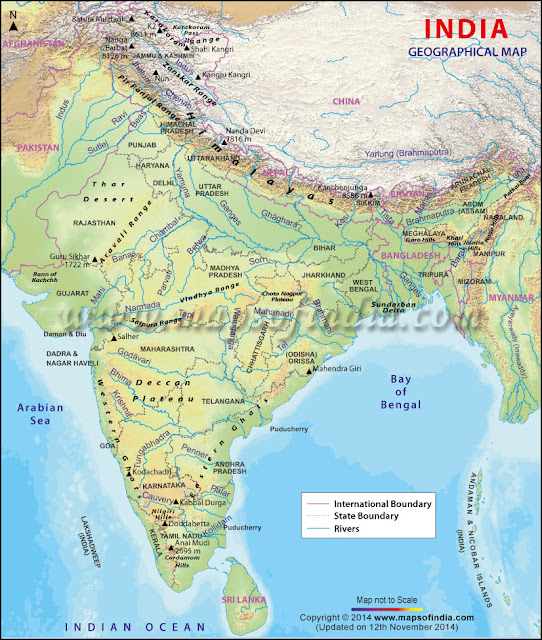About Indian Supreme Court
ssc preparation, important competetion questions, current affairs of india, latest question asked in competetion papers,
Independence of Judges
About Supreme Court of India :
Appointment of Supreme Court Judge
The senior most judge of the Supreme Court is appointed as the Chief Justice of India.
Other judges are appointed by the President after consultation with such judges of the Supreme Court and of the High Courts as the President may deem necessary.
In a landmark judgement, the Supreme Court in the "Supreme Court Advocates-on-Record Association vs. Union of India" case, 1993, held that the Chief Justice's opinion in the appointment of the judges of the Supreme Court and in the appointment and transfer of the judges of the High Court shall enjoy primacy.
Qualifications of Supreme Court Judge
Citizen of India.
Have been a judge of High Court for 5 yrs or an advocate of High Court for 10 yrs minimum or in President's view, a distinguished jurist of the country
Have been a judge of High Court for 5 yrs or an advocate of High Court for 10 yrs minimum or in President's view, a distinguished jurist of the country
Term & Salary of Supreme Court Judge
The Chief Justice & other judges hold office till 65 yrs of age.
Can give resignation to President.
Can be removed by the Parliament.
After retirement, a judge of Supreme Court cannot plead or act before any authority.
Supreme Court Judge Salary:
Chief Justice - Rs.1,00,000 per month
Other Judges - Rs.90,000 per month
Can give resignation to President.
Can be removed by the Parliament.
After retirement, a judge of Supreme Court cannot plead or act before any authority.
Supreme Court Judge Salary:
Chief Justice - Rs.1,00,000 per month
Other Judges - Rs.90,000 per month
Removal of Supreme Court Judges
A motion seeking the removal of the judge can be preferred before either House of the Parliament.
If it is to be introduced in the Lok Sabha, it should be signed in by not less than 100 members of the Lok Sabha.If it is to be introduced in the Rajya Sabha, the motion should be signed in by not less than 50 members.The resolution should be supported by a majority of total membership of both the houses & by 2/3 majority of the members present & voting.
If it is to be introduced in the Lok Sabha, it should be signed in by not less than 100 members of the Lok Sabha.If it is to be introduced in the Rajya Sabha, the motion should be signed in by not less than 50 members.The resolution should be supported by a majority of total membership of both the houses & by 2/3 majority of the members present & voting.
Other Points of Supreme Court of India
The Chief Justice can appoint ad hoc judges in the Supreme Court after the consent of President; important aspect is they should be qualified to do so.
The Chief Justice, with the previous consent of the President, may request a retired Judge of the Supreme Court or a retired judge of a High Court who is duly qualified to be appointed as a judge of the Supreme Court, to sit and act as a judge of the Supreme Court.
Supreme Court normally sits in New Delhi. Can hold its meetings outside if the decision is taken by Chief Justice on consultation with the President.
Independence of Judges
The Constitution has ensured this by:
Salaries from Consolidated Fund.
Salaries cannot be changed to their disadvantage.
Removal difficult.
Cannot practice after retirement.
Decision & actions of judges cannot be criticized & the person doing so can be punished.
Conduct of judges cannot be discussed in Parliament.
President cannot appoint judges of the Supreme Court himself, he has to consult the judges also.

Comments
Post a Comment